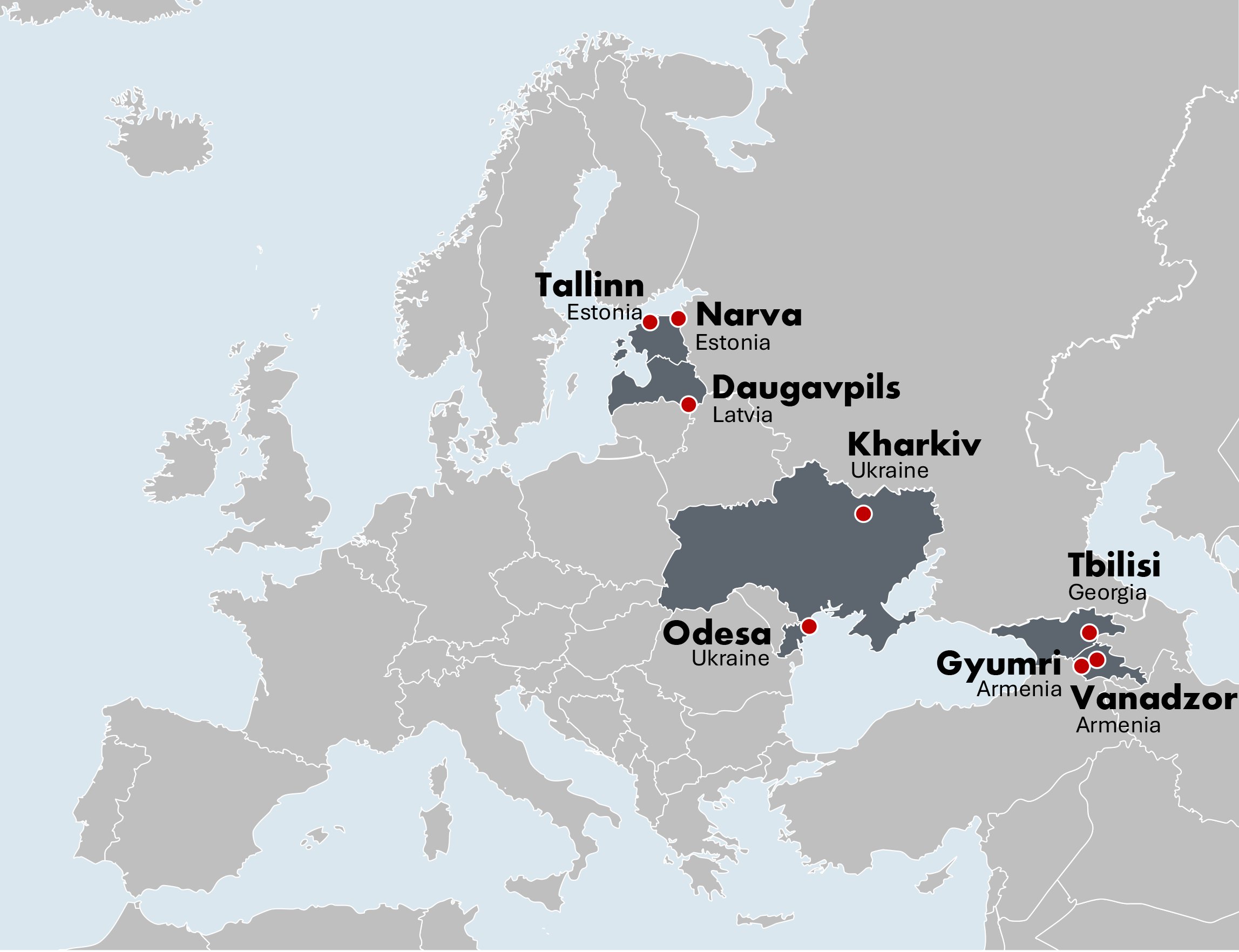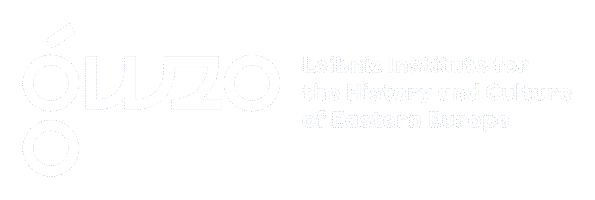The collaborative research project between the Karlsruhe Institute of Technology (KIT), RWTH Aachen University, and GWZO Leipzig aims to integrate approaches to sustainability and resilience in addressing the residential architectural heritage from the Soviet era. During its second funding phase, the consortium broadens its research scope to encompass resilience, resource management, and climate protection. A decolonial and interdisciplinary perspective is employed to deepen engagement with post-Soviet regional studies, aiming to generate foundational knowledge and develop specific recommendations for resilient and sustainable urban development in cities across Ukraine, the Caucasus, and the Baltic region. The successful international and interdisciplinary networking established in the first funding phase, as well as the excellent support for early-career researchers, will be deepened and expanded.

During its first funding phase, the research consortium cities.building.culture developed a value-based approach for the sustainable advancement of residential architectural heritage in the post-Soviet region. In response to the multiple crises of the present (Lawrence et al. 2022), it has become necessary to expand these findings by incorporating resilience research and environmental sciences. The inclusion of these disciplines was envisioned from the outset as part of the second funding phase to enhance the initial sustainability approach with considerations for climate and resource protection. The Russian war in Ukraine highlights the urgency of forward-looking sustainability actions while simultaneously demanding the integration of urban resilience – the capacity for resistance, adaptability to crises, and risk assessment. The research consortium embraces this new impetus in its second funding phase. Against the backdrop of the outlined state of research and the results of the first funding phase, the research consortium cities.building.culture aims in its second phase to develop approaches to resilient sustainability in addressing the residential architectural heritage of the Soviet era. To this end, the consortium expands its research focus to include resilience, resource management, and climate protection. The central research questions for the upcoming funding period are as follows:
- How can the approaches currently under evaluation for sustainable development of the building stock be advanced into frameworks for resilient sustainability in the context of residential architectural heritage?
- What values and forms of knowledge, either inherent in the residential architectural heritage or renegotiated within local contexts, can be utilized for this purpose?
- What governance strategies effectively promote resilience and sustainability in urban preservation, while demonstrating applicability in both democratic and autocratic systems within the post-Soviet region?
- What spatial interventions and practical strategies are required to achieve the resilient and sustainable advancement of Soviet-era residential architectural heritage?








 26-01-2026
26-01-2026